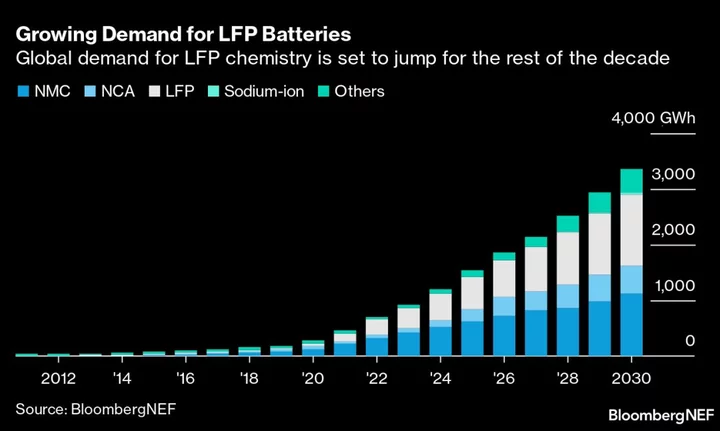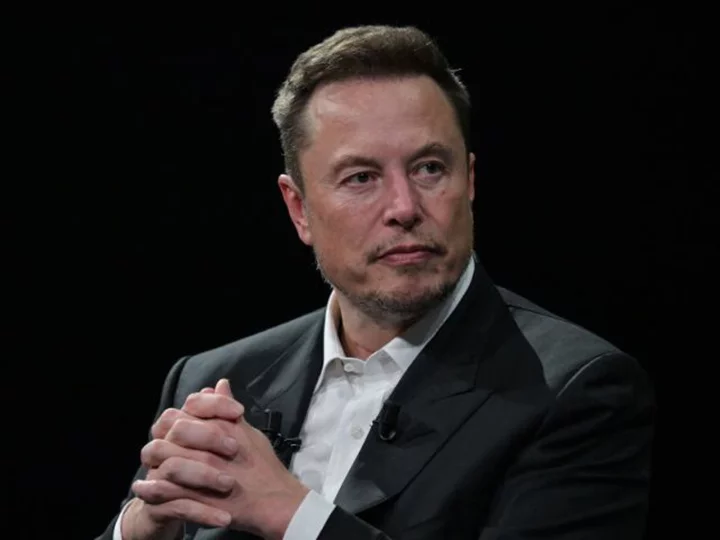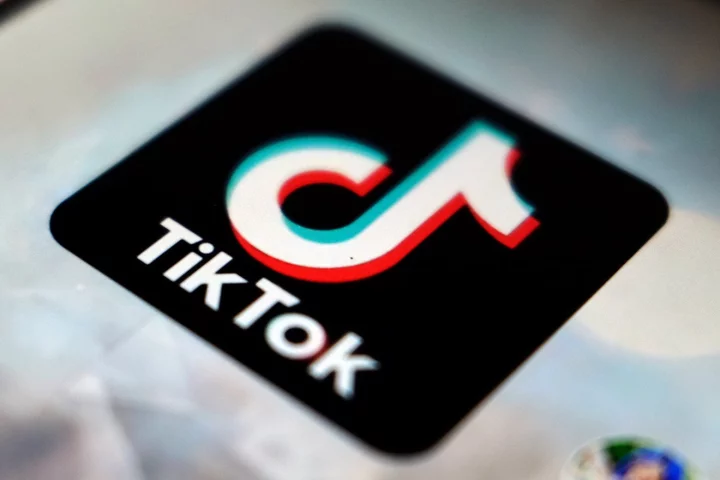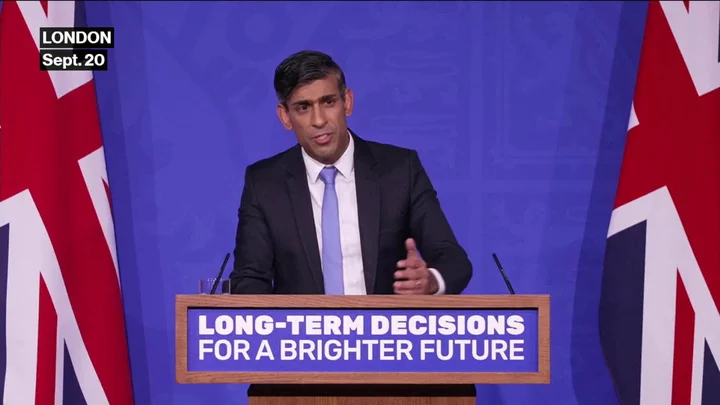Only battery industry veterans or political buffs are likely to recall the tale of A123 Systems.
Spun out of the Massachusetts Institute of Technology in 2001, A123 was the first company to commercialize lithium iron phosphate batteries, better known as LFP, the stuff Tesla and Ford are using to make EVs cheaper.A123 had a brief shot at becoming a supplier to Detroit automakers back in 2009, when General Motors and Chrysler were pledging to electrify cars in return for a government bailout. The company went public that year on the back of a supply deal with Chrysler and a $249 million grant from the Obama administration, which was pumping up the economy to prevent the Great Recession from becoming a depression. But range was meager, gas prices were falling, and American car buyers were rekindling their romance with gas guzzlers. After opening a factory before sales materialized, A123 went bankrupt. Chinese parts maker Wanxiang Group scooped up its remains in 2013.
Republicans, who protested the sale to a Chinese buyer, decried A123 as a symbol of government waste and excess spending by Democrats in the 2012 presidential election. Obama distanced himself from the wreckage. Rather than see A123’s tech as a long-term strategic bet and preserving it, politicians bickered over the company and fumbled it away.
As we show in this week’s edition of Bloomberg Businessweek magazine, A123 serves as an elegy for America’s innovation machine. Without the means to continually develop and scale technology that doesn’t quickly show a profit, the market abandons hope early and cedes it to others. Its fate is a lesson for US investors and policy makers as America tries to reverse decades of outsourcing by building a domestic EV supply chain and wean itself off dependence on China.
Some things have changed since A123’s demise. President Donald Trump shook the establishment by launching a trade war with China and made manufacturing jobs central to his platform. Biden has largely kept Trump’s China policies in place and layered on massive government subsidies for EV production and consumption in the form of the Inflation Reduction Act, which is lowering the financial risk for companies. The pandemic and chip shortage exposed the weakness of America’s reliance on trade for key technologies.The US is also becoming more vigilant about protecting intellectual property. In 2021, the Department of Energy closed legal loopholes that allowed government-funded technology to be exported for manufacture overseas. The billions of dollars in funds the DOE is doling out to support new battery technology now comes with build-at-home mandates.Investing in manufacturing, which for decades was done by cheaper labor overseas, is back in vogue in the US, said Chris Thomas, a partner at Assembly Ventures, a Detroit-based venture capital firm focused on mobility in the US and allied countries.
“We have this abiding belief in the legacy industrial centers of the Western world — Detroit, Pittsburgh, Stuttgart, Turin, Tokyo, Seoul, the economic west,” he said. “If those billion-dollar balance sheets today make the principled and integrity-based decisions around acquisition partners and technology, not only can they remain at the table, they can lead.”
These are all moves in the right direction, but execution matters. Biden’s IRA has unleashed a deluge of lobbying from the automotive industry to loosen up domestic manufacturing requirements. The industry is desperate to lower the cost of electric vehicles to make them more affordable and bring in profits.That sometimes puts them directly at odds with the parts of the law meant to box China out of the supply chain. Tapping into the country’s more mature battery industry is easier and cheaper than buying more expensive materials produced with higher-wage labor and more stringent environmental standards. It’s also less risky than betting on nascent American battery startups, like A123 was.So some questions remain. Will investors run and politicians turn their backs at the first sign of trouble with America’s new battery industry like they did with A123? Or will they have the stomach — and spend the capital — to take a long view? Let’s hope the US has learned its lessons this time.









